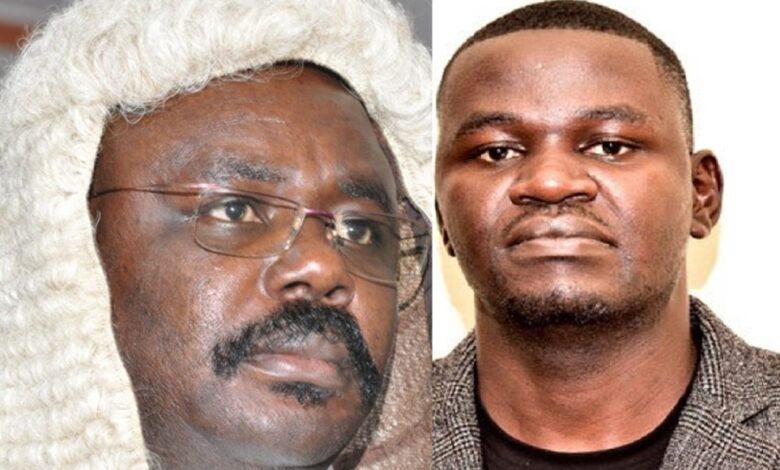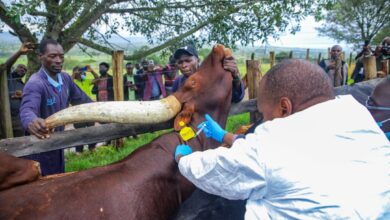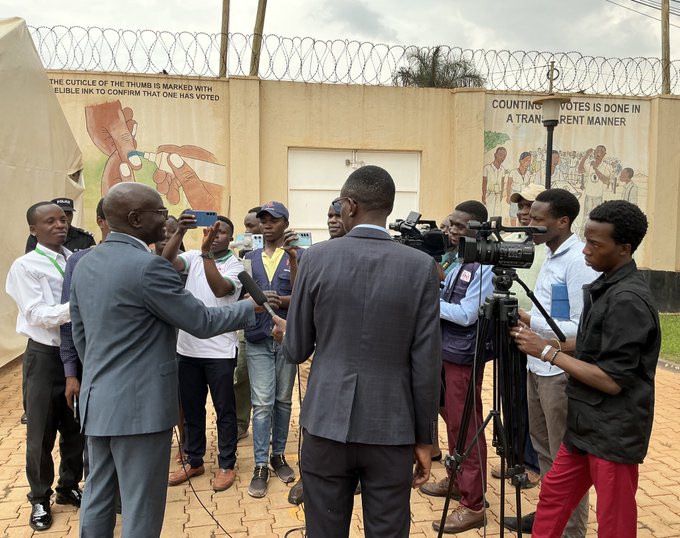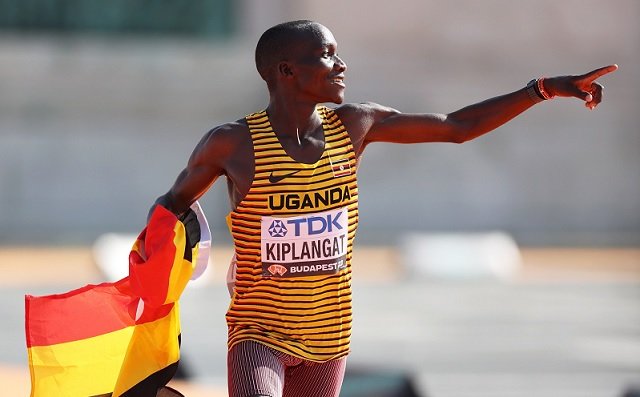Political dynasties: When relatives inherit power in Uganda
Take for example, a big case of the former speaker of parliament who also doubled as the Omoro County member of parliament Jacob Oulanya, whose son Andrew Oulanyah Ojok was endorsed to replace him in Omoro after his death.

In Uganda, a noticeable trend has emerged: when a politician passes away, it’s often their relative who steps in to take over the mantle.
From local council positions to parliamentary seats, political offices seem to remain within family lines, sparking debate across the country. But what drives this trend, and how do ordinary Ugandans feel about it?
Take for example, a big case of the former speaker of parliament who also doubled as the Omoro County member of parliament Jacob Oulanya, whose son Andrew Oulanyah Ojok was endorsed to replace him in Omoro after his death.
Or the story of Emmanuel Omoding, one of the sons of the deceased Serere County MP, Patrick Okabe, who followed in the footsteps of his father after being endorsed by the current deputy speaker of parliament Thomas Tayebwa.
This has not only been witnessed in the ruling NRM party, but also in the opposition. An example is of Fortunate Rose Nantongo who officially joined the Kyotera Woman parliamentary race, replacing her deceased mother the late Robina Nakasirye.
Such stories have become almost commonplace, leading many to question whether this practice is rooted in tradition, loyalty, or something deeper.
“It’s All About Continuity”
For many, the decision to keep political power within the family is seen as a matter of continuity. “These families have built political empires,” said Sam Mugisha, a political analyst in Kampala.
“When someone dies, the family member is already familiar with the system, knows the people, and can pick up from where their relative left off.”
But not everyone sees it that way. “It feels like we are stuck in a monarchy disguised as a democracy,” remarks Amina Nakyobe, a shop owner in Nansana. “Why should political positions stay in the same families? It makes it harder for ordinary citizens to ever dream of representing their communities.”
On the streets of Kampala, opinions are divided. Joseph Ssewanyana, a boda boda rider I spoke to at Clock Tower, believes it’s about preserving legacies.
“If my father had worked hard to build something, I would also want to take over and protect what he stood for. It’s the same for these political families. They want to keep the legacy alive.”
Others, however, aren’t convinced. Grace Nyangoma, a market vendor in Nakawa, feels that this trend keeps fresh ideas from entering Ugandan politics.
“We are tired of seeing the same families in power, making the same promises. New faces could bring new solutions,” she argues.
Interestingly, many Ugandan voters seem to support this trend of political family succession. “We trust these families because we know them,” says Godfrey Kato, a taxi driver from Masaka.
“If a family member steps in, it feels like a continuation of the work their relative was doing, and we have confidence they will carry on the vision.”
For Margaret Akello, a teacher in Entebbe, it’s a matter of familiarity. “In most cases, these families have interacted with the electorate for years. When the politician dies, the people are already familiar with the relative, so it’s easier to trust them to lead.”
Yet, critics argue that this trend undermines Uganda’s democracy by reducing competition. “We need to give a chance to other capable Ugandans who are not part of these political dynasties,” said Brian Tumwine, a youth activist in Kampala.
“If the same families keep getting the positions, it discourages others from standing because they feel they don’t have the connections to compete.”
Still critics argue that this pattern erodes the principles of fair representation. “When politicians pass on and relatives take over, we miss the opportunity to assess new, diverse leadership,” added Tumwine. “It can also create a sense of entitlement within these families, as if political office is inherited rather than earned.”
With every election cycle, more families continue to take center stage in Uganda’s political landscape. The trend has raised questions about the balance between maintaining family legacies and fostering true democratic representation.
As Uganda’s political landscape evolves, the conversation around family succession in politics will likely continue. While some see it as a natural progression of power, others feel it may be time to break away from political dynasties and open up leadership to a more diverse group of Ugandans.
For now, the legacy continues, with family members waiting in the wings to take over when their political relative bows out. Whether this trend will endure or face increasing resistance remains to be seen, but one thing is certain: the conversation about Uganda’s political future is far from over.







